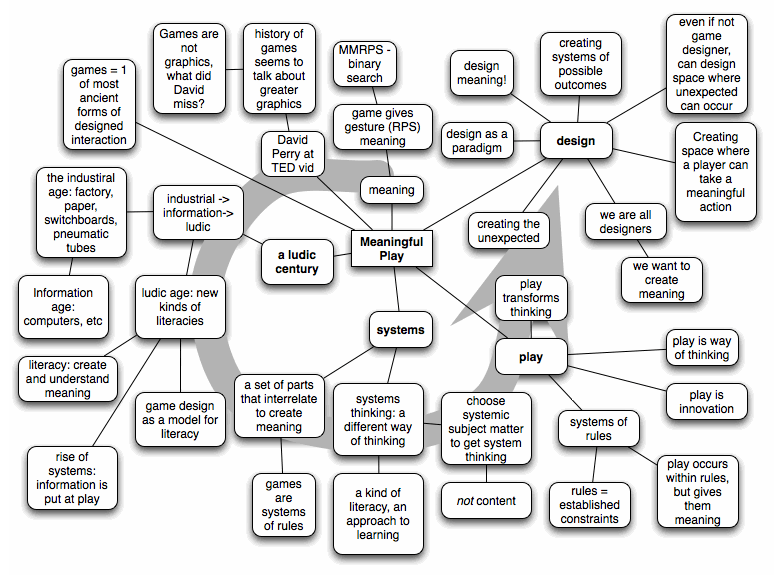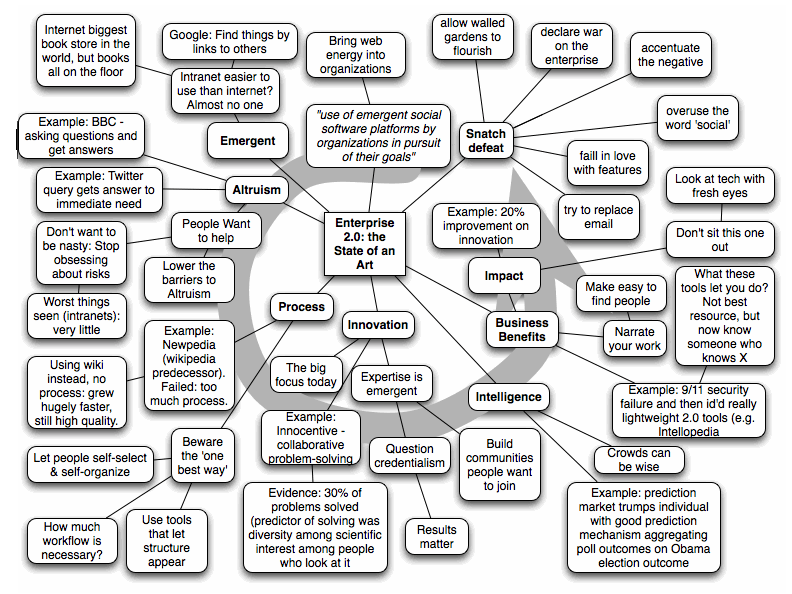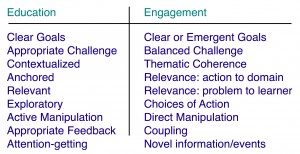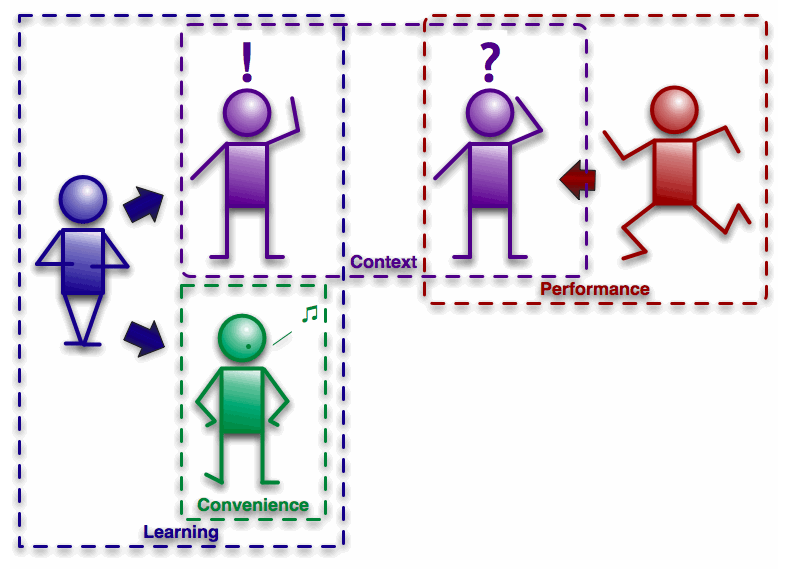As a reaction to my eLearnMag editorial on the changing nature of the educational publishing market, Publish or Perish, a colleague said: “There is a tremendous opportunity in the higher ed publishing market for a company that understands what it means to design and deliver engaging, valuable, and authentic customer experiences–from content to services to customer service and training.”
I agree, but it triggered a further thought. When we go beyond delivering content as a component of a learning experience, and start delivering learning experiences, are we moving from publisher to education provider? And if so, what are the certification processes?
Currently, institutions are accredited by accrediting bodies. Different bodies accredit different things. There are special accrediting bodies (a.g. AACSB or ACBSP for business[2?], ABET for applied science). In some cases, there are just regional accreditation bodies (e.g. WASC). There’s overlap, in that a computer science school might want to align with ABET, and yet the institution has to be accredited by, say, WASC.
And I think this is good, in that having groups working to oversee specific domains can be responsive to changing demands, and general accreditation to oversee ongoing process. I recall in the past, this latter was largely about ensuring that there were regular reviews and specific improvement processes, almost an ISO 9001 approach. However, are they really able to keep up? Are they in touch with new directions? The recent scandals around business school curricula seem to indicate some flaws.
On the other hand, who needs accreditation? We still have corporate universities, they don’t seem to need to be accredited except by their organization, though sometimes they partner with institutions to deliver accredited programs. And many people provide coaching services, and workshops. There are even certificates for workshops which presumably depend on the quality of the presenter, and sometimes some rigor around the process to ensure that there’s feedback going on so that continuing education credits can be earned.
My point is, the standards vary considerably, but when do you cross the line? Presumably, you can’t claim outcomes that aren’t legitimate (“we’ll raise your IQ 30 points” or somesuch), but otherwise, you can sell whatever the market will bear. And you can arrange to be vetted by an independent body, but that’s problematic from a cost and scale perspective.
Several issues arise from this for me. Say you wanted to develop some content (e.g. deeper instructional design, if you’re concerned like me about the lack of quality in elearning). You could just put it out there, and make it available for free, if you’ve the resources. Otherwise, you could try to attach a pricetag, and see if anyone would pay. However, what if you really felt it was a definitive suite of content, the equivalent of a Master’s course in Instructional Technology? You could sell it, but you couldn’t award a degree even if you had the background and expertise to make a strong claim that it’s a more rigorous degree than some of those offered by accredited institutions, and more worthwhile.
The broader question, to me, is what is the ongoing role of accreditation? I’ve argued that the role of universities, going forward, will likely be to develop learning to learn skills. So, post your higher ed experience (which really should be accomplished K12, but that’s another rant), you should be capable of developing your own skills. If you’ve developed your own learning abilities, and believe you’ve mastered an area, I guess you really only need to satisfy your current or prospective employer.
On the other hand, an external validation certainly makes it easier to evaluate someone rather than the time-intensive process of evaluation by yourself. Maybe there’s a market for much more focused evaluations, and associated content?
So, will we see broader diversity of acceptable evaluations, more evaluation of the authorial voice of any particular learning experience, a lifting of the game by educational institutions, or a growing market of diverse accreditation (“get credit for your life experience” from the Fly By Night School of Chicanery)?


 At core was an alignment between what makes effective learning practice, and what makes engaging experiences. Looking across educational theories, repeated elements emerge. Similarly with experience design. It turns that they perfectly align. If you recognize that, and can execute against it, your learning will be greater than the sum of the parts, and will both seriously engage and truly educate. Learning can, and should, be hard fun!
At core was an alignment between what makes effective learning practice, and what makes engaging experiences. Looking across educational theories, repeated elements emerge. Similarly with experience design. It turns that they perfectly align. If you recognize that, and can execute against it, your learning will be greater than the sum of the parts, and will both seriously engage and truly educate. Learning can, and should, be hard fun! I’ve argued before that mobile is not really about learning, but about performance support. That said, there are roles for mobile in courses, either as a learning augment or even microcourses (but not putting a whole elearning course on a mobile device). In talking about mobile, I distinguish between convenience and context.
I’ve argued before that mobile is not really about learning, but about performance support. That said, there are roles for mobile in courses, either as a learning augment or even microcourses (but not putting a whole elearning course on a mobile device). In talking about mobile, I distinguish between convenience and context.